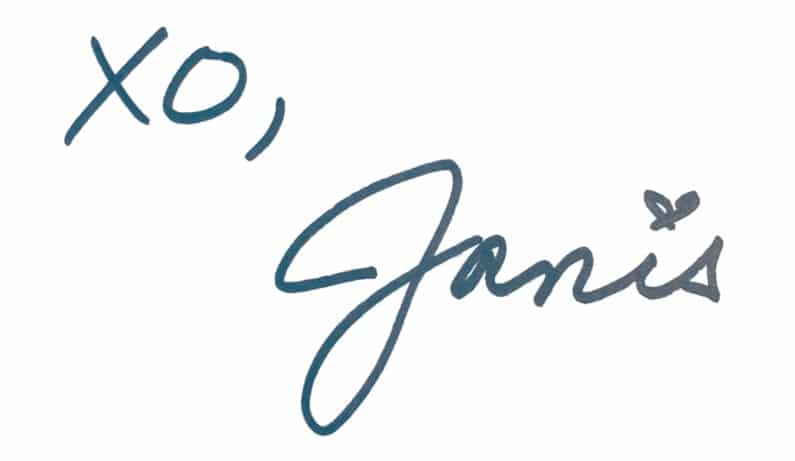In three days, my son Kellan will turn 8 years old. At this point, I should be knee-deep in all the birthday party festivities, but I am not. More on that in a bit.
I lived for my home-made birthday parties as a kid – cake, presents, games, and my closest friends. When I became a parent, I looked forward to seeing that same excitement from Kellan, at his birthday parties.
When Kellan turned one, I threw a large celebration for him. It was Sesame Street themed, with a professionally designed cake to match, food catered in, face-painting, games, prizes, lots of friends, family, and fun.
Kellan was thrown another big birthday party when he turned five. He was in pre-school at the time, so we both were super-excited to host some of his classmates. Being Italian, you always invite family to your child’s party, and I am really glad I did because only one kid from his class showed up. ONE. I wanted to cry. I hired a petting zoo to come in, I had games all ready to go and a pretty legit goody bag…and one kid showed up. ONE. Fortunately, cousins were there and my friend’s children, but Kellan’s friends chose to bail that day.
Fast forward three years later, and I haven’t thrown a “party” for Kellan since. Sure, we have had cake and coffee with close family members, but the “party” ends there. You might be asking yourself why that is? [insert deep breath here] I am afraid no one will show up. Sure, family will be there, but I am afraid his “friends” will not show again. In fact, if I am being truly honest, my son really doesn’t have many friends.
I heard about this heartbreaking challenge from other parents raising children with special needs. I read many articles on the topic. However, it’s a fu%king punch in the gut, when it’s your kid who is friend-less. Fortunately, Kellan doesn’t feel or care about any of this. His life is not lacking because he doesn’t have friends. He’s not aware, at this point, of what he might be missing. However, I know that’s going to change as he grows older. He’s going to see his peers sitting together at lunch or playing catch at recess or talking about so-and-so’s birthday party he wasn’t invited to. And I, as his parent, need to prepare for that time, and ready myself for a heartbreaking conversation.
Early on, when I started to study the tenets of Autism, I learned that socializing and making friends was a challenge for some Autistics. Many choose to play by themselves, on their own terms, where it’s safe and quiet. That would be Kellan. Whereas he’s super interested in observing other children play, he never actively engages. Children like Kellan need to be taught how to socialize and even play for that matter. This reality surfaced for the first time when Kellan was 4. We went to a neighborhood park. A little boy approached Kellan and asked him if he wanted to play. Kellan ignored him. Not in a rude way, he just didn’t know how to partake. So, I went into therapist-mode, setting up a playful scenario between the two of them, prompting Kellan along the way. Until I realized, I was the one more interested and actually playing with this child. Kellan was there in body, but his interest was elsewhere. The child who was playing with Kellan noticed this too. And then this child said something to me that I wasn’t prepared to answer: “Why won’t he play with me?”. [Insert knife in heart] I looked at him, looked at Kellan and just said: “I think he may be tired”. Which was a total lie, but I didn’t want to hurt the boy’s feelings. Because how does one explain Autism to a four-year-old boy?
Soon thereafter that experience, I hired a “play therapist” for Kellan. Yes, there are therapists that actually help children learn how to “play”, it’s fascinating. I felt like such a failure because I, as his Mom, should know how to teach my kid how to play. But each time I got on the floor with him to build a lego tower, or play a board game, or color, he just didn’t engage and was truly disinterested. I remember saying to the therapist, “playing is an innate human tendency, why doesn’t he gravitate towards toys and just know how to play with them?”. She then reminded me that some kids on the spectrum need to be taught things that we take for granted, like playing and as he’s gotten older, I realize the same goes for making friends.
Since Kellan entered Elementary School, his therapists focus on setting up social scenarios, so he could engage with his peers. He is prompted to ask other children questions or insert himself in a game being played by others. The children at this age are kind and happy to participate and help, but I know this will get tougher as Kellan gets older. In fact, I actually witnessed the niceties turn to mockery just last week at the town pool. A group of boys Kellan’s age (maybe a year older) were chasing each other in the pool. Kellan was observing these boys play. He grew excited and started to gravitate towards them. He called out: “I’m going to get you”, and two of the boys turned to him, looked at each other laughed and said: “get away from us”. I watched with a lump in my throat. This is where Autism can be a good thing, because Kellan didn’t grasp what just happened, he went about his merry way, as I sat on the side of the pool, completely crushed. I looked around the pool, determined to find these boy’s parents and share what just happened. I wanted to scream at those boys and scare them silly. I wanted to protect my little guy from “little assholes”. That’s what I call mean kids, ”little assholes”…and they’re typically being raised by “big assholes” (sorry, not sorry).
If there are parents out there reading this, it would crush you to see your child being excluded. I know it would, because what we ALL want is for our kids to be involved and happy and buddied-up. I did not set out to write this blog to gain sympathy or make you feel sorry for my kid. I wrote it to build awareness. That maybe someone reading this, someone raising littles right now, will be inspired to instruct their kids to befriend EVERYONE, just because. Teach them to look for the outliers and choose to engage, even when others do not. Explain to them the kind act of inviting those outliers to their lunch table, and playtime at the pool, and their birthday party…and PLEASE, PLEASE, PLEASE if the outlier invites your kid to their birthday party, urge them to attend (you have no idea the difference your child would make by just showing up). That’s what it means to raise a good human. That’s something to be proud of, raising true leaders that set an example for others to be kind and befriend the friendless. However, YOU, Mom/Dad must be their guide, the mentor to the leader in training. That’s why I write all this, because THIS is our job…putting really good, kind trailblazers out there in the world. We can do this. We have to do this. No, we NEED to do this. We need to become more woke and kind to those around us. We need to demonstrate inclusion whenever and wherever we can, and THAT is how our kids will learn to do the same.
PS – if your kid happens to see a 4’1, brown-haired boy with black sunglasses on, walking around the playground reciting lines from Toy Story 4, tell them to say hi, it’ll make Kellan’s day…and mine too 😊.


Janis Gaudelli is The Founder of The Daily Feels. She started this passion project to reveal the magic behind storytelling, and how truth-based narratives bring people together in the most heart-warming of ways. Fascinated by soul, depth, intellect, raw truths and rebellion with a cause. Often captivated by the awe of nature: star gazing, moon manifesting, sunset chasing, waves crashing, crickets singing. Fiercely curious about the inner-workings of the human psyche… she professionally studies human behavior for a living. Forever proud and grateful for being a mom to the force that fuels her life: her 7-year-old son, and greatest professor, Kellan.
